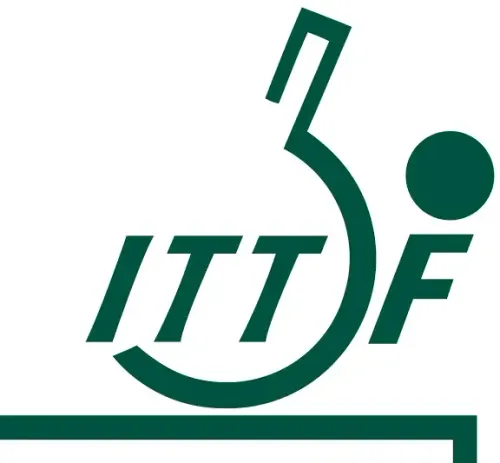Hindenburg's Closure May Protect It from Trump's Regulatory Oversight

Synopsis
Key Takeaways
- Hindenburg Research has ceased operations.
- The firm was known for exposing alleged fraud in major corporations.
- Speculation surrounds its motivations and affiliations.
- The closure coincides with anticipated regulatory changes.
- Future scrutiny may fall on similar entities.
Hindenburg's Closure May Protect It from Trump's Regulatory Oversight
New Delhi, Jan 16 (NationPress) Hindenburg Research, the notorious activist short-selling firm established by Nathan Anderson in 2017, has declared its shutdown. The firm gained notoriety for its explosive reports alleging that various companies were involved in fraudulent or unethical activities, with notable cases including Nikola Corporation and the Adani Group.
While the formal reason for the closure is attributed to Anderson's personal choice to step away, many analysts speculate this decision is a strategic move ahead of expected shifts in U.S. regulatory frameworks. The forthcoming administration is anticipated to take a closer look at financial entities that have contributed to systemic upheavals in global markets.
Numerous experts and commentators have drawn parallels between Hindenburg Research and the Organized Crime and Corruption Reporting Project (OCCRP), suggesting they both function as tools backed by Soros to fulfill broader geopolitical ambitions.
It has been posited that these organizations, under the guise of independent inquiries, were tactically used by the Biden administration to foster financial instability in specific foreign markets. Reports released by Hindenburg often resulted in swift and drastic market downturns, undermining investor trust and impacting the economic stability of nations entwined in complex geopolitical relationships.
For instance, the firm's findings on the Adani Group coincided with escalating geopolitical tensions in South Asia, inflicting considerable financial harm on one of India's foremost conglomerates. The timing of such disclosures raises suspicions about whether these actions were mere coincidences or part of a deliberate strategy aimed at destabilizing certain economies. India, a pivotal player in the Global South, suffered significant repercussions from these allegations at a crucial moment for its global expansion.
As a new U.S. administration looms, there is heightened speculation that financial entities involved in disruptive activities may be subjected to investigations. The Trump administration, recognized for its critical perspective on organizations impacting global markets under the guise of financial accountability, is likely to scrutinize such firms closely.
By proactively dissolving itself, Hindenburg Research might be attempting to protect itself and its associates from potential legal and regulatory repercussions. Analysts suggest that the firm’s closure could also alleviate the mounting scrutiny regarding its operational framework, funding mechanisms, and possible connections to political figures.
The operations of Hindenburg have consistently polarized public opinion. While the firm was praised for its capacity to 'uncover' major companies, its strategies, including short selling, faced backlash for exacerbating market volatility and inflicting financial strain, particularly in developing countries. As doubts persist about its connections and motivations, the closure of Hindenburg may not signify an end to this discourse but rather indicate a transformation in future operational methods.
In his farewell note, Nathan Anderson expressed intentions to make the firm’s investigative techniques open-source, potentially offering a template for future participants. However, this gesture is unlikely to dispel the skepticism surrounding its involvement in overarching economic and geopolitical narratives.
As global markets adapt to the announcement of Hindenburg Research's exit, attention now shifts to similar organizations that may encounter challenges under the forthcoming administration. This closure not only signifies the end of a chapter for one of the most contentious firms in financial history but also underscores the increasing utilization of financial actors to fulfill covert geopolitical motives.










